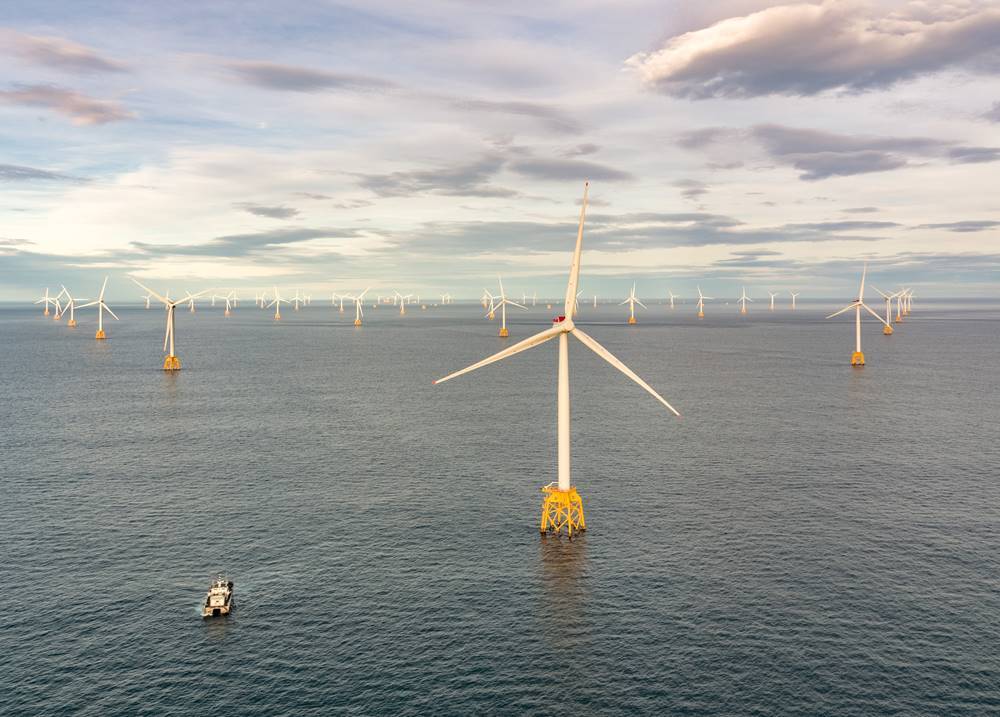The government should target a net zero power system by 2040, SSE has recommended as part of a five-point action plan.
Alongside this, SSE highlighted the need to accelerate the electrification of transport, including recommending that the ban on the sale of new petrol and diesel cars be brought forward to 2030. Additionally, the action plan recommended strategic investment in networks, investment into carbon capture and storage (CCS) and hydrogen and heat decarbonisation.
To achieve a net zero power system by 2040, the government should deliver its 40GW of offshore wind by 2030 pledge, as well as target at least 75GW by 2050.
The net zero target should be underpinned by a robust carbon price trajectory, with SSE highlighting that price floors or long-term energy contracting could also be considered to underpin investment and long-term planning.
SSE also recommended the government build on the “success of the Contracts for Difference to attract more low cost investment in new and repowered renewables, life extensions and storage”.
Opportunities to evolve the electricity market design should therefore be considered as part of ongoing discussions surrounding the Energy White Paper, which was planned for publication in spring 2020, to ensure it continues to underpin investment in new, repowered and existing low-carbon generation and storage.
As well as suggestions for achieving a net zero power system by 2040, SSE made a series of recommendations for the strategic investment into networks. Ofgem should approve the RIIO-T2 business plans submitted by the electricity transmission owners, of which SSEN – SSE’s networks arm – forms part of through Scottish Hydro Electric Transmission.
Ofgem and the Department for Business, Energy and Industrial Strategy (BEIS) should also work with network companies and other key stakeholders to provide “clear policy direction and timely and appropriate funding” for strategic network investment, which ensures the RIIO-ED2 price control recognises local plans.
The key recommendation made by SSE when it comes to transport was bringing forward the ban on the sale of new petrol and diesel vehicles to 2030. Currently, the government is consulting on bringing it forward to 2035, but SSE is calling for further action.
Alongside this, by 2025 the UK should seek to deploy the “most extensive and efficient” charging network in the world. As part of this, local bodies should be “empowered to tender for charge point assets”.
However, SSE did acknowledge that further work would be needed to figure out the optimal funding model.
Other recommendations in its plan include:
- Explore ways to channel strategic investment into the enabling infrastructure needed to unlock local supply chain opportunities, and explore incentives (eg tax breaks) to bolster manufacturing capability.
- Create sustainable, skilled jobs by bringing forward funding commitments in ‘no regrets’ options such as heat networks and signalling the end of gas boilers
- Deploy full heat decarbonisation trials at scale.
SSE also touched on CCS as part of its ‘clean industrial revolution’ recommendation.
The 2020 Budget announced government plans to create a new CCS Infrastructure Fund of a least £800 million in a bid to establish CCS in at least two UK sites, one by the mid-2020s and one in 2030. However, SSE is recommending that the government works to attract investment in CCS and hydrogen, with a goal of deploying the technologies in at least five clusters by 2030.
Alistair Phillips-Davies, chief executive of SSE said the current moment in time is “pivotal on many levels”, meaning it is “even more important to double down on climate action”.
“Coronavirus has demonstrated only concerted, focused effort can solve a crisis – and that goes for the climate emergency too.
“Our five-point action plan is focused on stimulating growth and investment to leave a legacy of a cleaner, more resilient UK economy for the future,” he added.






